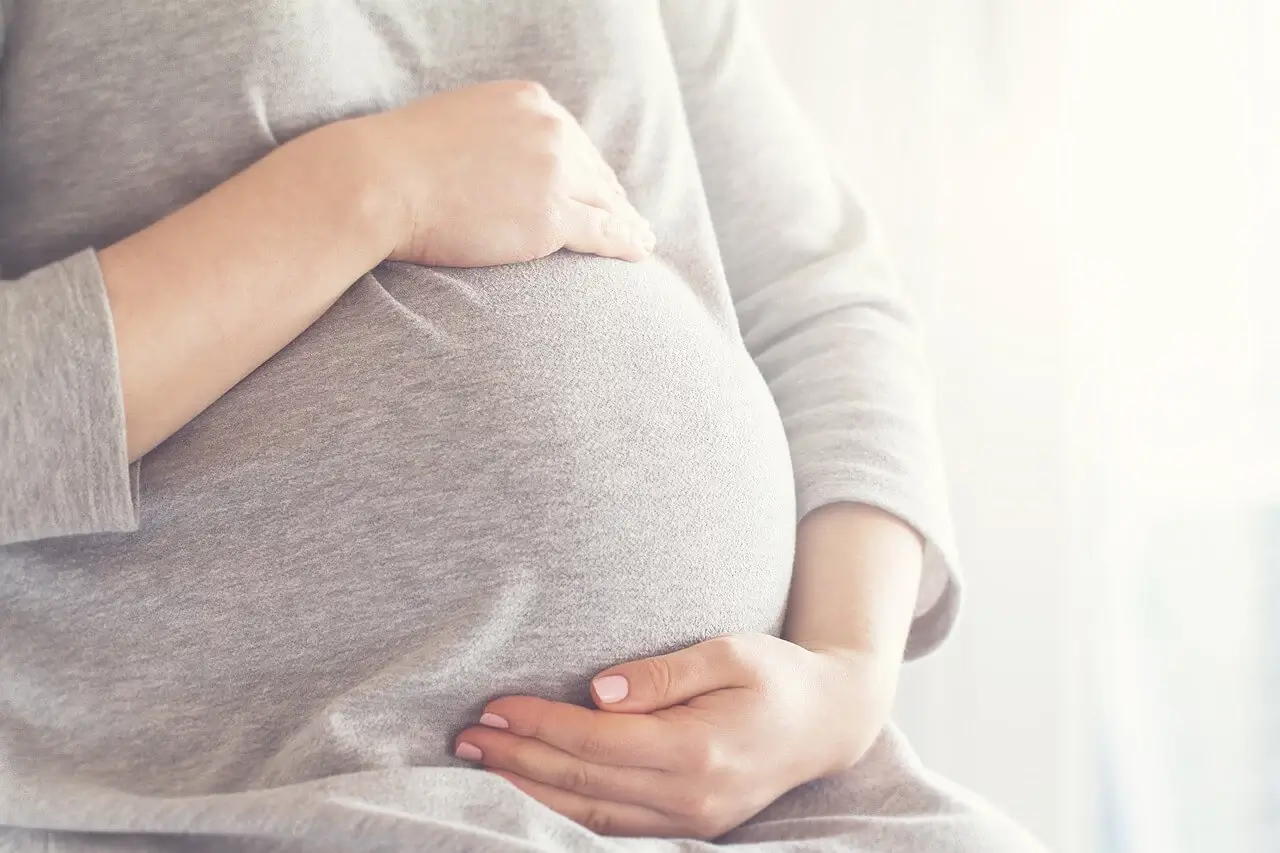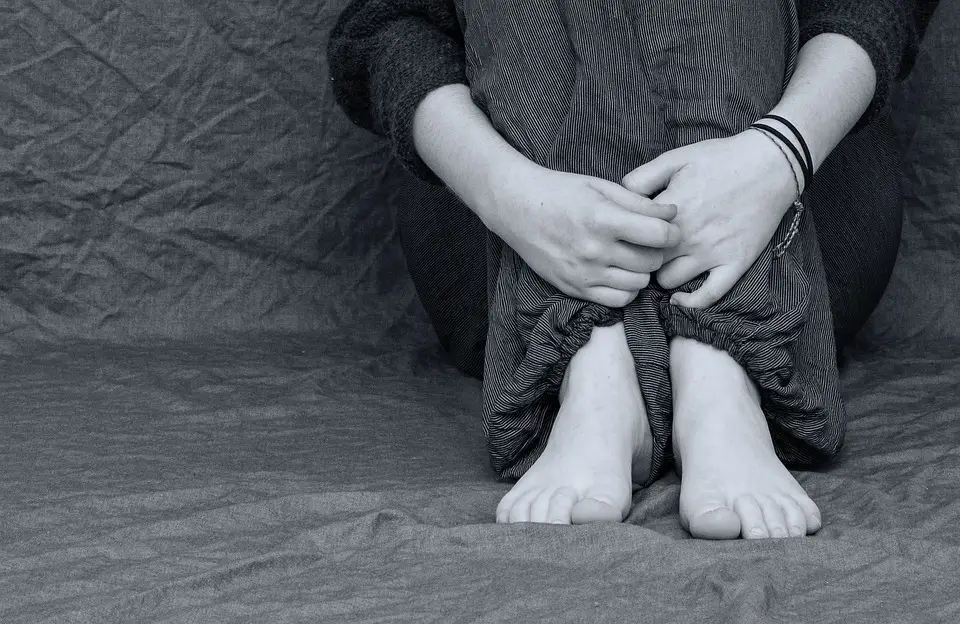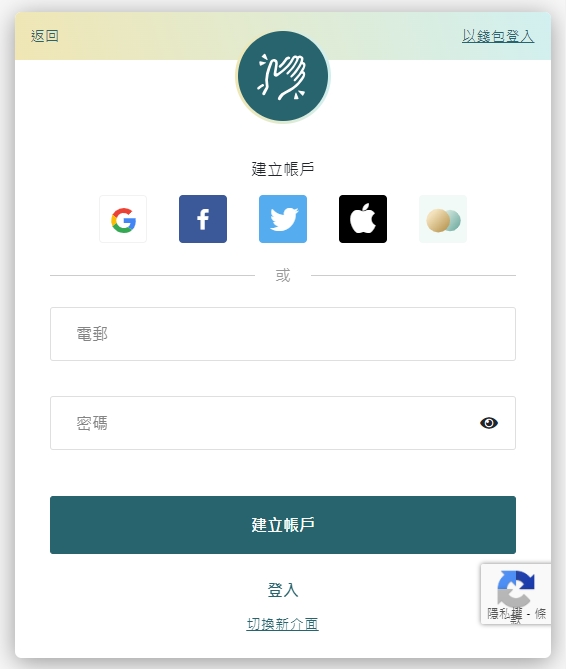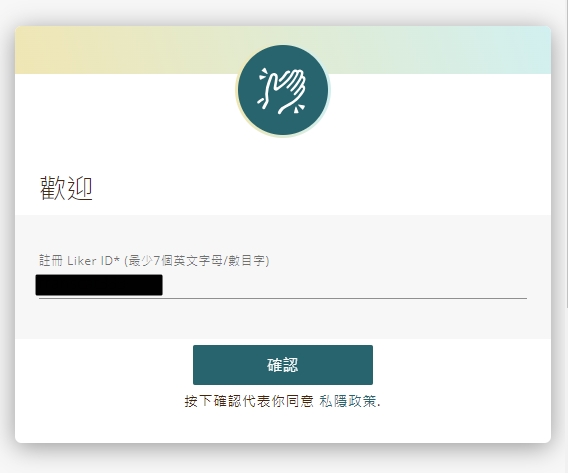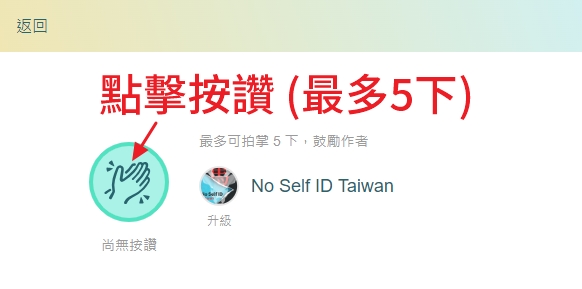Globally, a number of hospitals, editorials, medical journals and many other organizations began to replace “women” with “pregnant people”, “people who menstruate”, “vagina havers”, and “birthing people”. In English, the definition of “women” includes “biological women” and “socially-recognized women”. As a result, trans women/ men feel uncomfortable when they are referred to as one instead of both/ none. However, they tend to keep the latter by erasing the former.
Similar cases happened to Chinese, too. If we say “女性 (women)”, we may refer to “生理女性 (biological women)” or “社會性女性 (socially-recognized women)”. In order not to make trans people feel uncomfortable, many tend to use “生理女性 (biological women)” or “原生女性 (assigned females at birth)”. Thus, it is predictable that the word, “女性 (women)”, will be gradually erased. Further, some Taiwanese trans women began to call women as “分娩人 (pregnant people)”.
